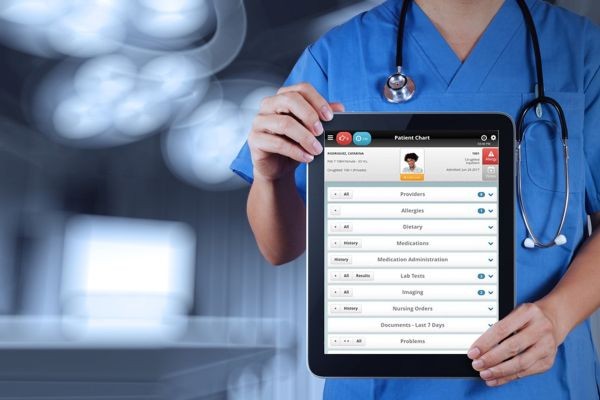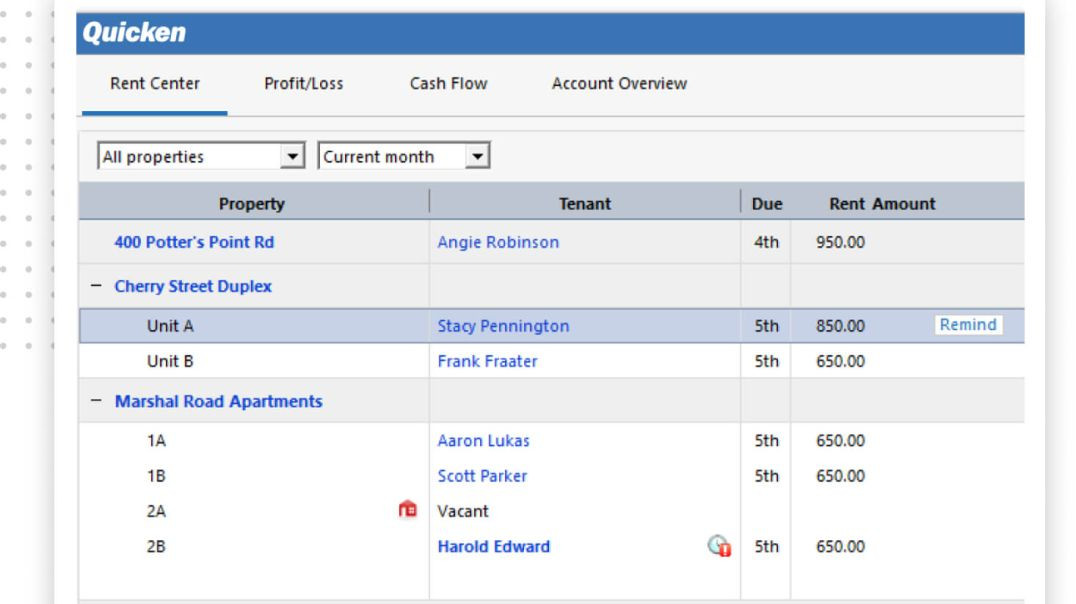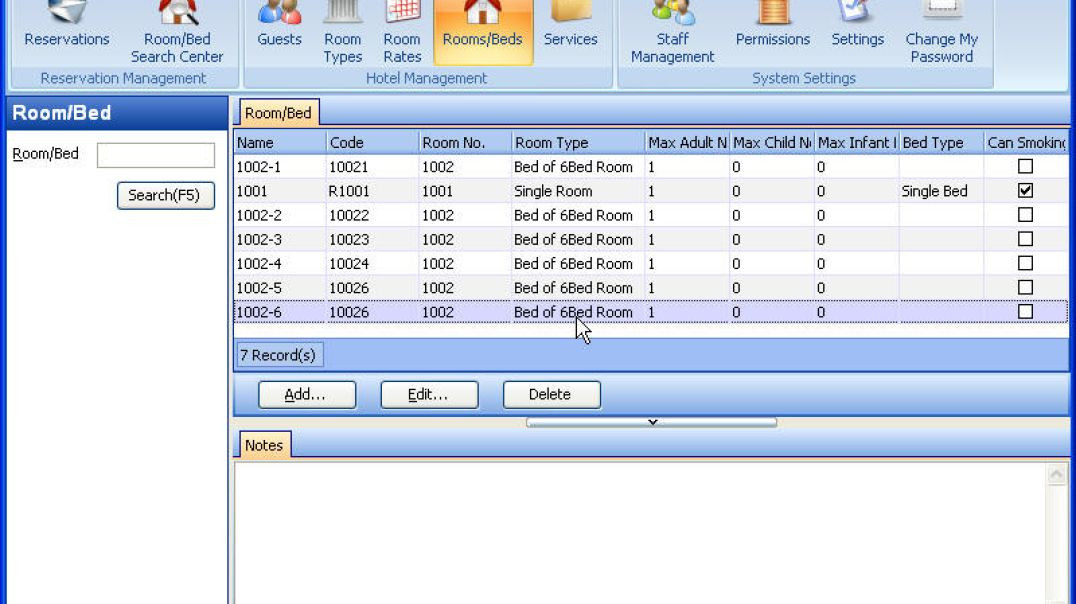In today's fast-paced healthcare environment, the need for efficiency, accuracy, and seamless communication is more critical than ever. A Hospital Management System (HMS) is a digital solution designed to address these demands by automating administrative, financial, clinical, and operational processes. As we enter 2025, hospitals and clinics are increasingly turning to HMS solutions to improve patient outcomes and boost overall performance.
In this article, we explore the top benefits of using a Hospital Management System in 2025 and how it can revolutionize your healthcare practice.
1. Improved Patient Care and Experience
One of the most significant advantages of a hospital management system is its ability to centralize patient information. Doctors and nurses can access real-time patient data such as medical history, test results, prescriptions, and treatment plans—all in one place. This not only reduces the risk of medical errors but also enhances the quality of care and patient satisfaction.
Explore our Electronic Medical Records Module for centralized patient data management.
2. Streamlined Administrative Processes
Manual record-keeping is time-consuming and error-prone. HMS automates tasks such as patient registration, appointment scheduling, billing, and discharge processes. This helps hospitals minimize paperwork, avoid duplication of records, and reduce operational costs.
Learn more about our Hospital Workflow Automation Tools.
3. Real-Time Reporting and Analytics
With powerful dashboards and reporting features, modern HMS platforms provide real-time insights into hospital performance, inventory levels, financial metrics, and patient flow. This empowers hospital administrators to make data-driven decisions and improve resource management.
Check out our Analytics Dashboard Features.
4. Enhanced Data Security and Compliance
Data security is a top concern in the healthcare sector. A robust hospital management system includes secure login protocols, encrypted patient records, and automated backups, ensuring compliance with HIPAA and other health regulations.
Read how we ensure Healthcare Data Security across our systems.
5. Better Inventory and Supply Chain Management
Managing medical supplies, pharmaceuticals, and equipment can be a logistical challenge. HMS includes inventory tracking features that monitor stock levels in real-time, trigger reorders, and reduce wastage.
Discover our Hospital Inventory Management Module.
6. Integration with Other Health Systems
Modern HMS platforms are designed to integrate seamlessly with lab systems, pharmacy software, diagnostic tools, and even telemedicine platforms. This creates a connected health ecosystem that enhances communication between departments.
Learn about Third-Party System Integration with our HMS.
7. Financial Management and Billing Automation
From billing patients to handling insurance claims, HMS simplifies the entire revenue cycle. It automates invoicing, payment tracking, and financial reporting, which helps reduce errors and improve cash flow for the hospital.
See our Billing and Insurance Module.
8. Scalability and Customization
Whether you're a small clinic or a multi-specialty hospital, today’s hospital management systems are highly scalable and customizable.
Explore Custom HMS Solutions for Clinics and Hospitals.
Conclusion
As healthcare demands continue to rise, investing in a Hospital Management System in 2025 is not just a luxury—it's a necessity. From improving patient care and safety to streamlining operations and ensuring compliance, HMS empowers hospitals to deliver high-quality services in a fast, secure, and efficient way.
Ready to transform your healthcare facility? Request a Free Demo or Contact Us Today.








